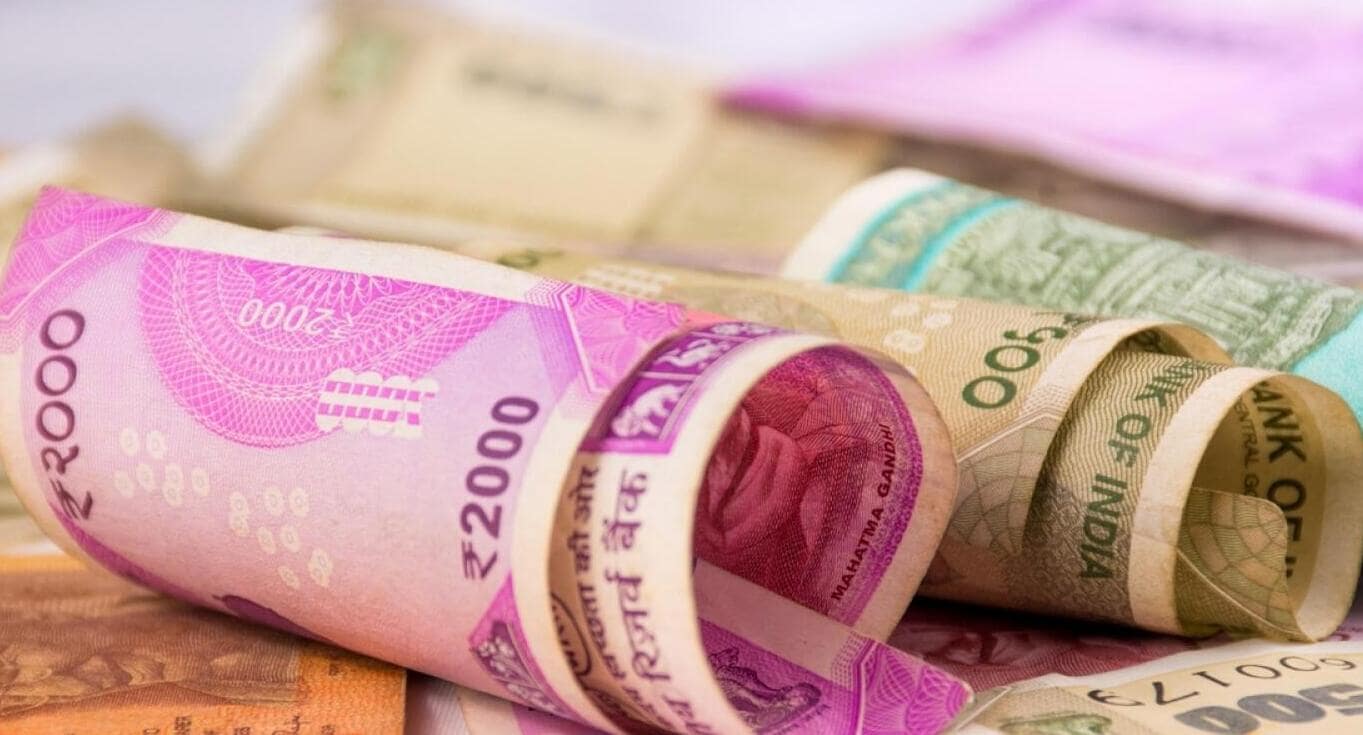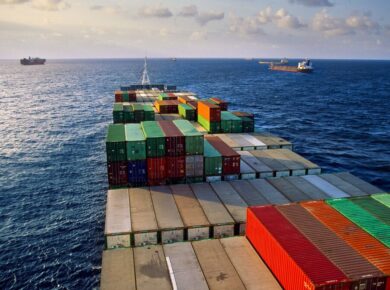Firm oil prices have resulted in a decline of the Indian rupee against the UAE dirham.
The Indian rupee has fallen against the UAE dirham, as firm oil prices continue to put pressure on the Indian currency. The fall in the value of the rupee has raised concerns among investors, who fear that it could impact India’s economic recovery.
At the time of writing, the exchange rate between the Indian rupee and the UAE dirham stands at INR 19.26 per AED 1. The rupee has lost around 1.6% of its value against the dirham in the past few weeks, as oil prices have remained firm.
Oil prices have been on an upward trajectory in recent months, driven by a combination of factors including rising demand from major economies, supply disruptions, and geopolitical tensions. The price of Brent crude, the international benchmark for oil prices, recently crossed the $70 per barrel mark for the first time since the COVID-19 pandemic began.
India is one of the world’s largest importers of oil, with the commodity accounting for a significant portion of the country’s import bill. The rise in oil prices is likely to put pressure on India’s trade deficit, which is already a cause for concern among policymakers.
The decline in the value of the Indian rupee against the UAE dirham is also a cause for concern among investors. A weaker rupee makes imports more expensive, which could lead to higher inflation and put pressure on the Reserve Bank of India to raise interest rates.
A weaker rupee could also impact India’s economic recovery, which has already been hit hard by the COVID-19 pandemic. While the country’s economy has shown signs of recovery in recent months, the rise in oil prices and the fall in the value of the rupee could slow down the pace of growth.
In addition to the impact on the economy, a weaker rupee is likely to have implications for Indian expatriates living in the UAE. Many expatriates send money back home to their families in India, and a weaker rupee means that their remittances will be worth less.
Despite the challenges posed by firm oil prices and a weaker rupee, there are reasons for optimism about India’s economic outlook. The country has made significant progress in its vaccination drive, which is expected to help curb the spread of COVID-19 and support economic growth.
In addition, India’s manufacturing sector has shown signs of resilience, with the country’s Purchasing Managers’ Index (PMI) rising to a four-month high in March. The PMI is a key indicator of economic activity, with readings above 50 indicating expansion.
The Indian government has also announced a series of measures to support economic growth, including a $1.4 trillion national infrastructure plan and a new production-linked incentive (PLI) scheme for the manufacturing sector. These initiatives are expected to create new jobs, boost demand, and support economic growth in the coming months.
In conclusion, the fall in the value of the Indian rupee against the UAE dirham highlights the challenges facing India’s economy in the wake of the COVID-19 pandemic. Firm oil prices are likely to put pressure on the country’s trade deficit, while a weaker rupee could impact inflation and economic growth.
Despite these challenges, there are reasons for optimism about India’s economic outlook. The country’s vaccination drive is expected to help curb the spread of COVID-19 and support economic growth, while the government’s initiatives to support infrastructure and manufacturing are likely to create new jobs and boost demand. Investors will be closely watching the economic data coming out of India in the coming months, as the country seeks to navigate the challenges posed by the pandemic and build a stronger, more resilient economy.






เว็บเกมสล็อต
… [Trackback]
[…] Find More on that Topic: ceoweeklyuae.com/firm-oil-prices-have-resulted-in-a-decline-of-the-indian-rupee-against-the-uae-dirham/ […]
February 23, 2025เว็บตรงฝากถอนง่าย
… [Trackback]
[…] Read More to that Topic: ceoweeklyuae.com/firm-oil-prices-have-resulted-in-a-decline-of-the-indian-rupee-against-the-uae-dirham/ […]
March 2, 2025จองตั๋วรถทัวร์
… [Trackback]
[…] There you will find 83848 additional Information on that Topic: ceoweeklyuae.com/firm-oil-prices-have-resulted-in-a-decline-of-the-indian-rupee-against-the-uae-dirham/ […]
March 6, 2025https://www.rematesmarini.cl/2025/03/02/nachalo-raboty-s-pocket-option-trading-osobennosti/
… [Trackback]
[…] Read More on to that Topic: ceoweeklyuae.com/firm-oil-prices-have-resulted-in-a-decline-of-the-indian-rupee-against-the-uae-dirham/ […]
March 11, 2025Cloud Storage
… [Trackback]
[…] Read More here on that Topic: ceoweeklyuae.com/firm-oil-prices-have-resulted-in-a-decline-of-the-indian-rupee-against-the-uae-dirham/ […]
March 12, 2025โคมไฟ
… [Trackback]
[…] Find More to that Topic: ceoweeklyuae.com/firm-oil-prices-have-resulted-in-a-decline-of-the-indian-rupee-against-the-uae-dirham/ […]
March 15, 2025สล็อต888 เว็บตรง วอเลท
… [Trackback]
[…] Read More Info here on that Topic: ceoweeklyuae.com/firm-oil-prices-have-resulted-in-a-decline-of-the-indian-rupee-against-the-uae-dirham/ […]
March 15, 2025plinko
… [Trackback]
[…] Find More on on that Topic: ceoweeklyuae.com/firm-oil-prices-have-resulted-in-a-decline-of-the-indian-rupee-against-the-uae-dirham/ […]
March 21, 2025เว็บบอลยูฟ่า คืออะไร ?
… [Trackback]
[…] Find More on that Topic: ceoweeklyuae.com/firm-oil-prices-have-resulted-in-a-decline-of-the-indian-rupee-against-the-uae-dirham/ […]
April 12, 2025ufa789
… [Trackback]
[…] Information on that Topic: ceoweeklyuae.com/firm-oil-prices-have-resulted-in-a-decline-of-the-indian-rupee-against-the-uae-dirham/ […]
April 16, 2025dgsiam
… [Trackback]
[…] Find More Info here to that Topic: ceoweeklyuae.com/firm-oil-prices-have-resulted-in-a-decline-of-the-indian-rupee-against-the-uae-dirham/ […]
April 23, 2025